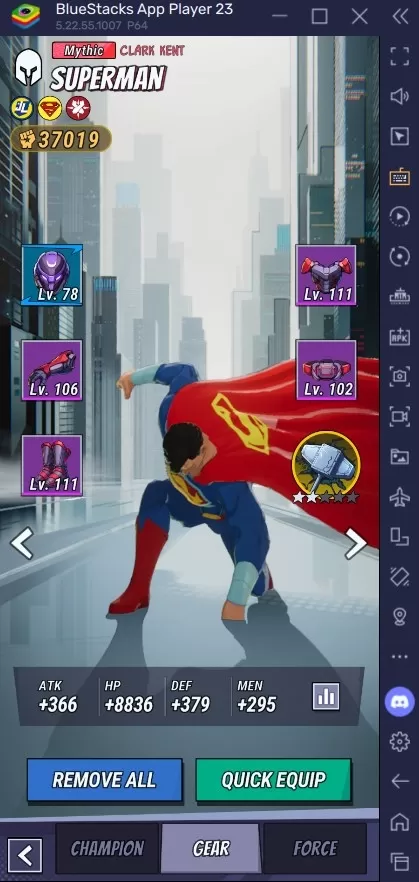Nintendo's aggressive stance against emulation is well-documented. Recent legal actions highlight this, including the $2.4 million settlement with Yuzu emulator developers in March 2024, the October 2024 cessation of Ryujinx development following Nintendo's intervention, and the 2023 advice given to Dolphin developers regarding a full Steam release due to Nintendo's legal pressure. The $14.5 million judgment against Gary Bowser in 2023, for reselling devices that bypassed Nintendo Switch anti-piracy measures, further underscores this commitment.
Now, a Nintendo patent lawyer, Koji Nishiura, has shed light on the company's strategy. Speaking at Tokyo eSports Festa 2025, Nishiura clarified that while emulators aren't inherently illegal, their use can become illegal depending on the circumstances. Specifically, emulators that copy game programs or disable console security measures may infringe on copyright laws, particularly under Japan's Unfair Competition Prevention Act (UCPA). This law, however, is primarily enforceable within Japan, limiting Nintendo's international legal reach.
The presentation used the Nintendo DS "R4" card as a case study. This device allowed users to bypass security and run pirated games. Following legal action by Nintendo and other software companies, the R4 was effectively outlawed in Japan in 2009 due to UCPA violations.
Nishiura also emphasized that tools facilitating pirated software downloads within emulators, termed "reach apps" in Japanese law, also constitute copyright infringement. Examples include the 3DS's "Freeshop" and the Switch's "Tinfoil."
Nintendo's lawsuit against Yuzu cited one million pirated copies of The Legend of Zelda: Tears of the Kingdom, alleging that Yuzu's Patreon generated $30,000 monthly from subscribers receiving early access and exclusive features.








